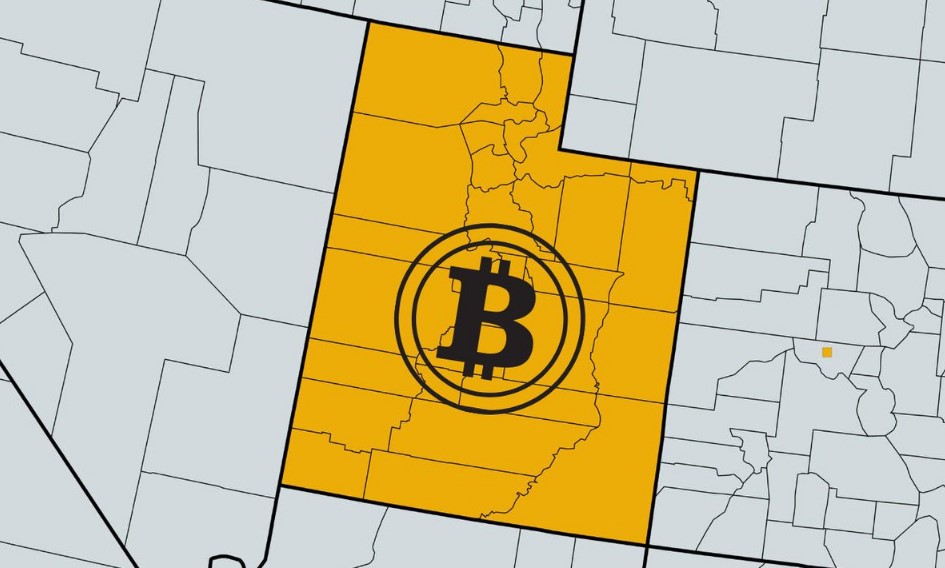The proposal establishes that the state treasurer will have authority to purchase bitcoin
BTC reserves in the US are “spreading like fire,” they say from the community.
This Monday, January 20, the day of President Donald Trump’s inauguration, the state of Utah became the 11th entity in the North American country to present a bill to create a strategic reserve of bitcoin (BTC).
The project is presented before the Utah State Legislature by Congressman Jordan Teuscher, as seen on the legislative body’s website.
The document grants authority to the state treasurer to invest public funds in digital assetssomething in which it coincides with the rest of the 10 bills that have been presented in other states to create their own BTC reserves.
The document establishes requirements for the custody and management of digital assets, creates regulatory requirements for investments in stablecoins, and authorizes the state treasurer to participate in the staking and lending of digital assets under specified conditions.
Although bitcoin is not directly mentioned in the project, it speaks of a reserve of digital assets that exceed a market capitalization of more than USD 500,000 million. BTC is the only asset with that capitalization, which exceeds $1.9 trillion.
The document indicates that the state treasurer should be responsible for safeguarding the BTC in the reserve “directly through the use of a secure custody solution”, thus coinciding with the bills of other states.

A topic in full swing
The issue of state reserves of BTC is growing more and more and gaining a notable boomnow more so since President Donald Trump has already taken charge and is estimated to create a national reserve of this digital currency.
For Dennis Porter, founder of Satoshi Act Fund, even if Trump launched the national reserve, the state movement to create BTC treasuries will continue its course. He estimated that in the coming days another state will join the list, bringing it to 12, with bills to create bitcoin reserves.
“States need bitcoin more than the federal government. They don’t have a money printer or unlimited budgets,” Porter said. “The states will lead (the move),” he added.
There is enthusiasm in the community for this state reserve movement. Investor and enthusiast Vivek, in a recent post, commented that this movement “is spreading like fire.”

Utah’s proposal, like those of other states, reflects a growing trend towards BTC integration in state financial strategies, which could transform the way state governments manage their financial reserves.
The Utah legislation, titled ‘Blockchain and Digital Innovation Amendments’, seeks to not only establish a bitcoin reserve, but also promote innovation in the digital field within the state. This includes the possibility of the state further exploring emerging technologies and the opportunities they present in the financial sector and beyond.
Interest in state-level bitcoin reserves has been driven by bitcoin perception as an asset not correlated with traditional marketswhich could provide portfolio diversification for state funds. Furthermore, the adoption of such policies could position states as leaders in financial innovation, attracting businesses and talent to the sector.
On the other hand, the Utah bill, like those of other states, not only seeks the accumulation of bitcoin as a reserve, but also establishes a clear legal framework for its management. This could facilitate the adoption of other cryptocurrencies and related technologies in the future, providing a foundation for a more robust and regulated digital economy.
With Trump’s inauguration and growing interest in bitcoin reserves, it seems that states are taking the lead so as not to be left behind in this new era of digital finance.
Utah, with its bill, joins this trend, reflecting a paradigmatic change on how governments can interact with digital assets. The cryptocurrency community is watching these developments closely, anticipating possible implications for the global bitcoin market and for state financial policy in the United States.






Leave a Reply